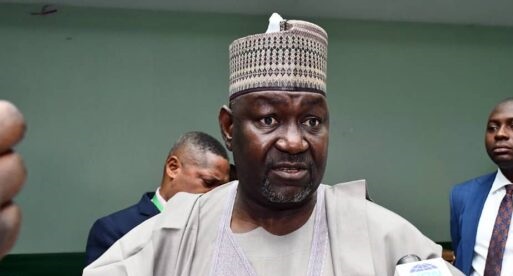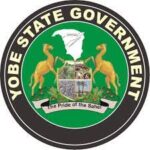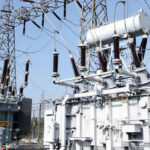A recent policy shift in the electricity sector, called contract-based electricity administration, announced by the Minister of Power, Engineer Abubakar D. Aliyu, has brought a new lease of life to the sector, as it has shored-up electricity generation and distribution since July 1, 2022.
However, the measure is too cosmetic, too interim, and too narrow to address the shameful and perennial power shortage in Nigeria. The core problems in the sector are shortage of gas supply for thermal plants, high levels of unpaid electricity bills, and the outdated and poorly maintained transmission network, still under government control though it is under private management since in 2012.
Jailbreaks: 6,108 escapees threaten Nigeria’s war against terror
Zamfara banditry kingpin gets chieftaincy title
Therefore, bold measures are needed to redeem the sector from narrow-minded and technically incapable investors who acquired power generation and distribution companies during the last administration.
The recent changes were compelled by the chaos in the sector, with the frequent collapse of the national grid, and the takeover of several Discos for defaulting in loans repayment to banks, a glaring evidence that they had become insolvent. Fidelity Bank Plc had to take over Benin, Kaduna, and Kano DisCos for their failure to repay loans, while the Nigeria Electricity Regulatory Agency (NERC) and the Bureau of Public Enterprises (BPE) restructured and replaced the management of Port Harcourt and Ibadan DisCos, both hit by liquidity crisis and long-running battles with banks over default in loans repayment. That is to say, of the 11 Discos, five are so unhealthy that they had to be taken over by banks and government. But there is no evidence that the six other DisCos – Abuja, Eko, Jos, Enugu, Yola and Ikeja – are healthier. As at February, 2022, it was reported that 11 DisCos were indebted to banks to the tune of N820 billion. This is in spite of the fact that, as at 2021, the federal government had injected N1.3 trillion as intervention fund to keep the ailing sector on stream.
The failure of these DisCos to remit funds for energy they received for distribution made it difficult for the GenCos to buy enough gas for generating electricity for the national grid. The crisis was foretold. For instance, only a few million Nigerians, out of a population of over 200 million, have access to the epileptic electricity supply. This is because government has failed to hold the companies that bought power generation and distribution companies to the terms, conditions and timelines of the contracts they signed in 2013, when the sector was privatized. Distribution companies have failed to provide pre-paid meters to millions of electricity consumers, despite several deadlines issued by the government, yet they blame Nigerians for electricity theft and reluctance to pay electricity bills. Worse still, NERC and BPE have failed to insist that timelines for the implementation of phases of infrastructure development for power distribution are strictly adhered to.
The new regime which began on July 1 shall ensure that NERC holds DisCos and GenCos accountable for electricity supply and distribution. Operators in the sector must keep to the terms and conditions, which says, in the minimum, there shall be 5,000 megawatts hour of electricity on a daily basis or they would face sanctions. This implies that the era of load rejection by DisCos may have come to an end. In order to tackle the liquidity worries, the NERC said it was working with the CBN to draw from an emergency electricity stabilization fund to boost the DisCos’ revenue capacity to pay for monthly energy bills. The regulatory agency said “The GenCos will now have more funds coming to them to increase gas supply to their power plants and improve energy generation for TCN to transmit. As it is now, TCN does not have a problem yet as it can wheel up to 5,000MW.”
These measures are good and we commend the steps so far taken, however, they are too temporary to address the appalling power situation in Nigeria. In reality, the so-called investors who grabbed GenCos and DisCos at the time of the power sector privatization in 2013, lack the technical expertise and funds to transform all the companies as so far witnessed through the lack of improved power supply. They have not attracted the huge foreign investment required to put in place the infrastructure for effective generation, distribution and transmission of electricity to all parts of Nigeria. This is why we call on government to be dispassionate and to do everything legally possible to reposition the sector in order to attract foreign capital investment. Power is central to the economy and no country can develop without adequate and efficient supply. Government must come to terms with the reality that GenCos and DisCos, as they are currently constituted, cannot deliver the electricity needed to power the economy. It is not too late to put the sector on the right path of success.

 Join Daily Trust WhatsApp Community For Quick Access To News and Happenings Around You.
Join Daily Trust WhatsApp Community For Quick Access To News and Happenings Around You.


